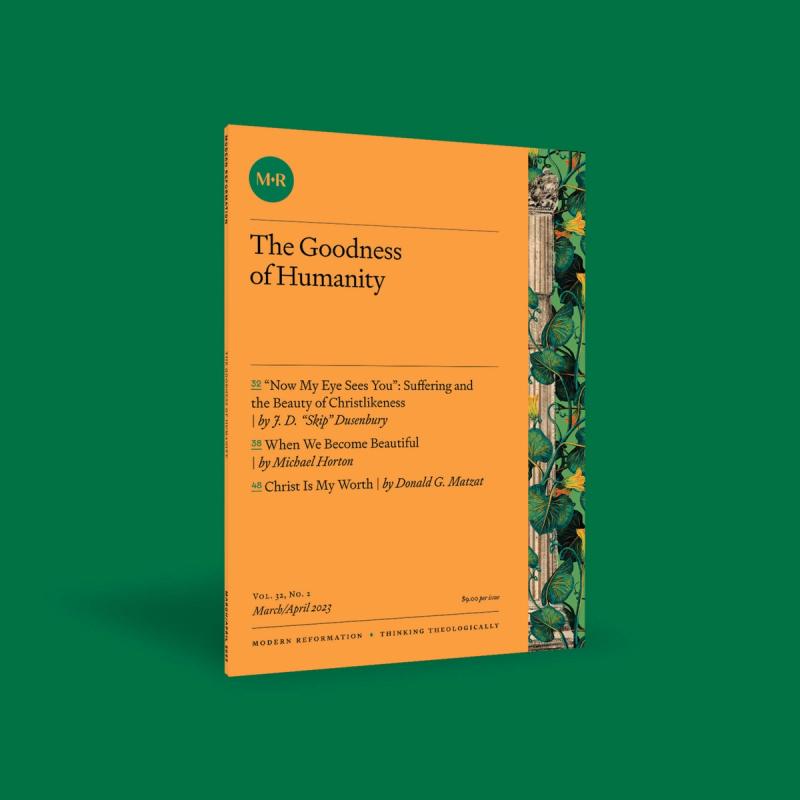In all my theological study, I’ve never come across a better summary of the paradox of fallen human nature than Francis Schaeffer’s phrase “glorious ruin”:
We are glorious because we were created by God for the noble purpose of being His image bearers; yet we are ruins because sin has marred the divine image we were designed to display, at times seemingly beyond recognition.
I visited many glorious ruins while living in Scotland. The remains of fortresses and castles, the skeletons of cathedrals, all now stand feeble against as many winters as they stood firm. Each was profoundly impressive yet desperately inhospitable. Much of the beauty of these desolations lies in what’s lost—what they were or might have been. Indeed, what remains is more precious because of how close they come to wasting away entirely. The sweet sadness of this former grandeur is more relatable than perfection because it’s simply far more human.
The differences between glorious ruins of architecture and that of human nature, however, may be more telling than the similarities. For one, human ruin is moral. No blame is due broken stone. This makes our ruin far more bitter than sweet. Like Babylon in Revelation 17, human nature in its failed splendor arouses marvel, yes, but also disgust and lament.
Still, who laments the decay of something rotten to begin with? There is no disgrace of adultery apart from the dignity of marriage. A fall is only as bad as the height from which one plummets. We wouldn’t think to speak of the moral guilt and corruption we suffer in Adam if we weren’t already convinced of the moral goodness and beauty in which we were created and the vestiges and possibilities of which still remain.
Yet our sort of brokenness cannot be repaired by attempting to put things back the way they were. The other difference, then, and one much more important, is that human nature in Christ will not only be restored but far surpass its original majesty in Adam. We won’t be returned from prostitution to innocence but given in perpetual fidelity to our Bridegroom.
In his essay, Donald Matzat urges us to see Jesus himself as our worth before God. In Jesus, we are not rebuilt castles but living stones (1 Pet. 2:4–5). Glorification, as Michael Horton’s essay reminds us, is a blessed hope indeed. In imagining our future glorification, we can’t compare decay to repair—we must compare acorns to oak trees (1 Cor. 15:35–44).
We are glorious ruins. But that doesn’t place us beyond the skill of our master carpenter. Indeed, as Skip Dusenbury explores in his reflections on the beauty of Christlikeness, ruin is the occasion for God’s mercy. Somehow, God is good enough to bring his own greater glory—and ours—from the midst of the rubble.
Brannon Ellis Executive Editor






